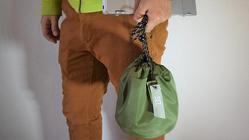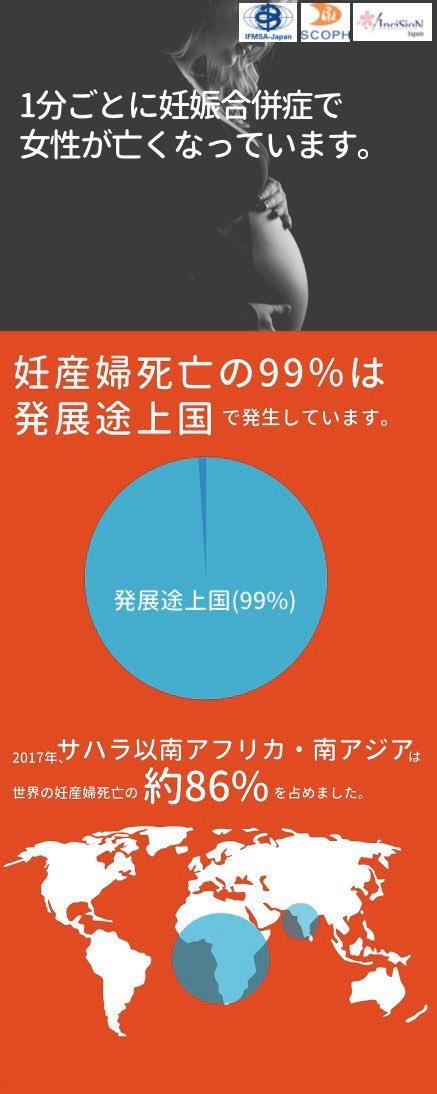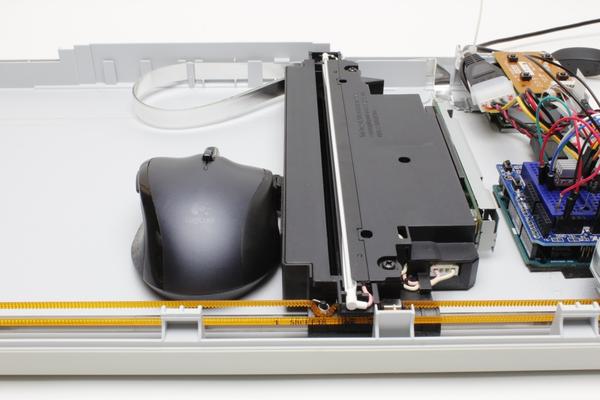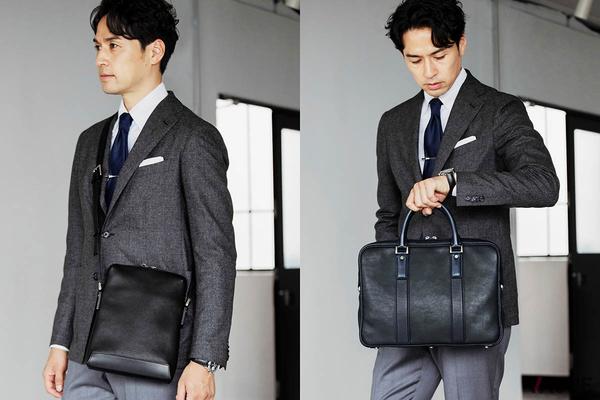"New Normal Works" by Keita Matsushita, a professor of Kansai University
In the New Normal era, which has passed through Corona, the style of "working in optimal distribution" is spread instead of "working on time".Under these circumstances, what is the value in "work", which makes a step from a remote work from a home or the like and creating work time at a travel destination, and what are the tasks in introducing?We asked Keita Matsushita, a professor of the Kansai University Faculty of Sociology, about the "what should be" in the New Normal era.
このページのトピックFirst of all, please tell us what kind of research you have been doing about work style and workplace.
松下私は経営学などではなく、メディアの立場から、働く場所や働き方についての研究をしています。パソコンやスマートフォン、タブレットなどのモバイルメディアによって、私たちの働き方や場所がどう変容するか、もっと言えば、時間と空間がどう編成されるか。それがメインの研究テーマです。今、働き方や働く場所が大きく変わってきていて、コワーキング・スペースやワーケーションなど、新しい働き方・場所もいろいろ生まれています。そうしたものに着目して、例えばデジタルノマドの人や、コワーキング・スペースを利用するフリーランスの人がどのように働いているか調べたりしています。
関西大学 社会学部 メディア専攻教授松下慶太氏関西大学社会学部教授。専門はメディア論、若者論、コミュニケーション・デザイン。近年はコワーキング・スペース、ワーケーションなどモバイルメディア時代におけるワークプレイス・ワークスタイルを研究。The teacher himself has a considerable work style that incorporates telework.
松下私は関西大学に所属していますが、今は東京に住みながら生まれ育った神戸との2拠点生活をしています。「働く場所に近いところに住む」という当たり前とは異なる、オルタナティブな生活はできないかと自分で実験しているんです。もともと旅行が好きだし、以前から海外でワーケーション的にフィールドワークをしてもいたので、趣味と実益を兼ねた研究をしていると言えるかもしれません。
松下氏のワーケーション・スナップ。(左上は奥多摩・右下は奄美大島)Especially about workings, what value do you think?
松下一番大きいのは「重ねることの価値」でしょう。ノートパソコンなどの“モバイルメディア”を使って、オフィスでない場所、例えばカフェや移動中の飛行機や新幹線で仕事をする、というのは昔からありますが、その場合も、「オフィス以外の場所」と「仕事」を重ねて、通常とはちょっと違った経験をしている訳です。ワーケーションの場合、そこから一歩進めて、自分の身体や気分が快適と感じる場所に、ある意味、その真逆の「仕事」という行為を重ねるわけで、これはいつもと全く違う経験。究極の効率化であり、また、快楽であり、背徳でもあるといいましょうか(笑)。そこから新たなアイデアが生まれる可能性も大きいと思います。
However, it seems that the workings that people like European and American digital nomads and Japanese workings have a slightly different context.In Europe and the United States, freelance workers are doing their own lifestyle and work style.In Japan, on the other hand, in the case of workers, the region has a strong aspect that the region is doing as a work style reform and new business business from the context of emigration and regional revitalization.In that sense, there is a feeling that a personal worker is left behind.This is probably due to the fact that freelance cultures have not yet penetrated in Japan and that workflows are delayed.
That said, Japanese -style workings are not always bad.In Western workings, there are many cases where they are closed by themselves and do not interact with local local people.On the other hand, Japanese -style workings tend to focus on doing something with local people, which is the development of autonomous human resources that have been said to be a thriving company recently, and SDGs, ESG.It's close to investment and humanist management.I think you might be able to export "Japanese workings" overseas.
What is the "what should be" in the workings in this era?
松下まず前提として、ワーケーションとは「ワーカー個人が働きたいように働ける社会を実現するための1つの手段」です。みんながみんな、ワーケーションをすればハッピーになるわけではない。ただし、世の中には週5日オフィスに通勤するのが辛いという人もいるわけで、そういう人も生き生きと働けるようにするための選択肢として確保すべきものだと考えます。
On top of that, I think that the appearance of personal experience is the "overlap experience".Try what you have done in the office in a completely different environment from the office, or participate in local social activities.Like the conventional work -life balance, it is not "work or vacation" but "work and holiday."From that "overlap experience", it should be a way to connect to innovation and creativity.

Conversely, regardless of that, the work that is simply ordered to "increase productivity by working in a different place" is difficult.It would be nice if the productivity was increased as a result, but increasing productivity should not be used for the purpose of working.My opinion is that workers do not have to increase in workings, and if the health and happiness of workers increase without reducing productivity, it is a welcome work style.
What are the tasks for companies or workers to introduce work?
松下1つは「企業のワークフロー」です。現在の企業のワークフローは、ワーカーが週に5回、オフィスに来ることが前提のワークフローになっています。GAFA(Google, Apple, Facebook, Amazonの米国大手IT企業4社)をはじめ、欧米企業ではオフィス勤務とリモートワークを組み合わせる「ハイブリッドワーク」がデファクト・スタンダードになりつつあり、ワークフローもそれを前提としたものになりつつありますが、日本はまだそこまで進んでいません。そこをどう整えていくかですね。
Another task is "the attribute of the person working."Simply, single people are easy to work on, right?However, if there are children, school education is not in highbrid style, so it is difficult to work in parent -child work for a long time.There are also occupations that can work and occupations that cannot be done.For example, if you have to meet patients and customers on site, such as doctors, hairdressers, and manicurists, you can't work.
However, I see that this "occupation attribute" cannot work in the medium to long term.Now we all choose a profession on the assumption that we work in the office 5 days a week, but in the near future, we will choose a profession based on a work style, "I want to work in this way."Because I think.Those who want to work will get a profession that can do that.In that case, you will need to try various things from childhood about what style you want to work in the future.In addition, as AI and robots become widespread, it is expected that the work that will be automated and online will increase, making it easier to do remote work.
What kind of approach should companies and individuals take in order to make the work a valuable?
松下私は、ワーカー、企業、地域の「三方良し」のワーケーションが理想と考えています。日本において、2020年のワーケーションは、コロナ禍によって落ち込んだ観光需要をどうにかしようという、地域目線の、いわば「ワーケーション1.I think it should have been called "0".After 2021, "Walking 2.You have to update to 0 ".Therefore, the keyword is "Sanpo good".
Workers are only "consumers" who drop money to the area.If you say, "Would you like to participate in a local festival?"This allows the area to make a one -sided profit.
"Walking 2" of "Sannata good".In order to update to 0, I propose "three S"."STORY", "Stimulation", and "Sustainable".
For example, it is good to help with local festivals by working or work on solving local issues, but I want a "story" that can sympathize with "Why do you do it there?""Because there is not enough human resources", it is difficult to say "Let's do it."It is essential to build a story that is inevitable, or a story that makes you sympathize with or want to do it.
Second, when considering the "good" of a company, it is also important to see what kind of "stimulus" to the business?It is necessary to propose the area that "this is an issue that Japanese companies have, and working like this will work for that issue here."I think this is the lack of the most in the area right now.
The third is sustainability.Now there are many subsidies related to work.However, in the long run, it will not last unless you can make money as a business.Also, if the person who is working hard is tired and ends, it will not last long.To keep it, it is important to keep the burden on workers, companies, and regions.
Shirahama -cho, Wakayama Prefecture, is known as a successful area with various efforts by working.The reason is that satellite offices have been accumulated early, the airport is close to the city, and that tourism resources are in place, but that alone is the same in other areas.。Rather, I think that it is great to meet these "three S" properly.
For example, as part of the workings, being involved in repairing Kumano Kodo is not just "helping", but "the extraordinary nature of being involved in the repair of a World Heritage has a good effect on everyday business."There is a story that you can sympathize with.In addition, we actively provide an environment and triggers that can "overlap" the abilities and experiences they have cultivated in the work so far by interacting with local business officials.I think it is often helpful.


!["Rucksacks and backpacks" best-selling ranking Coleman and North Face are popular [June 2021 edition]](https://website-google-hk.oss-cn-hongkong.aliyuncs.com/drawing/article_results_9/2022/3/29/a9647069022c61ee44fb85806ae07d8b_0.jpeg)




